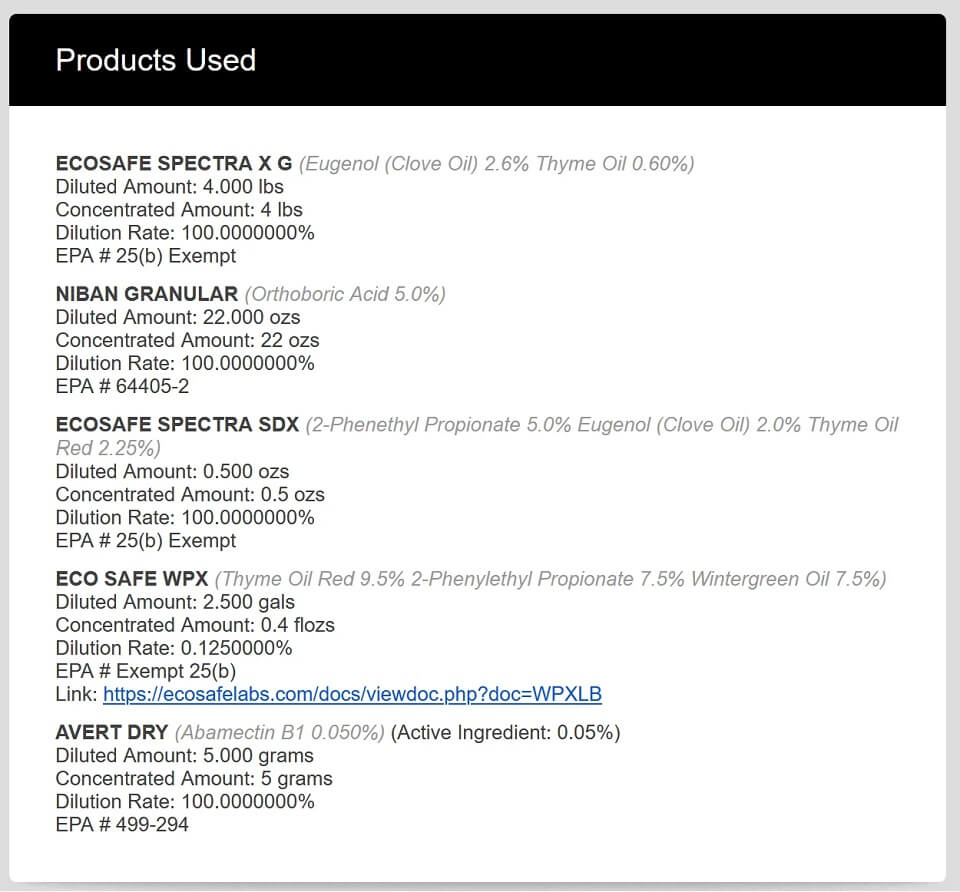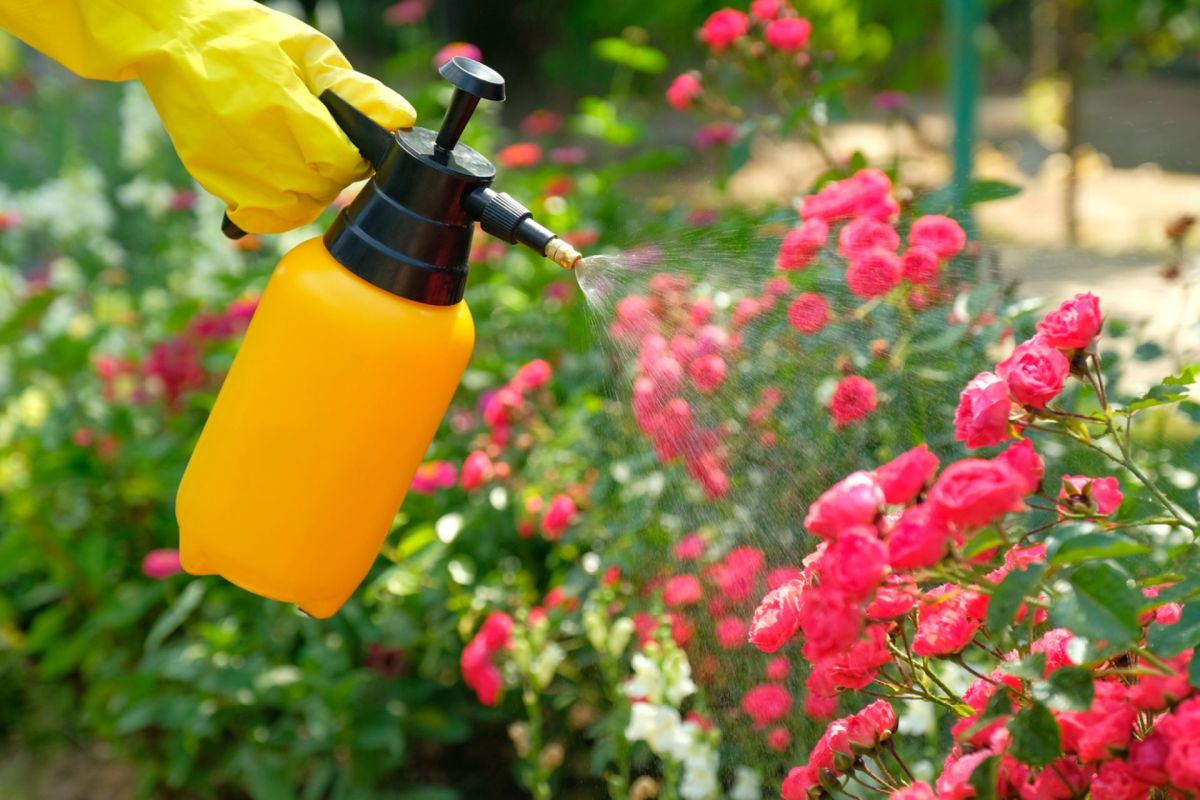Insects are a vital part of the ecosystem, and many are important pollinators that help plants thrive. But for the most part, we don't want too many of them inside our homes, which caused a conundrum for one native plant gardener.

"I've been an Eco-Safe Pest Control customer and love that they say they use essential oils that are safe for pets and children. However, I see Abamectin B1, for example, which seems toxic to bees according to Wikipedia," the poster wrote, soliciting advice from the other members of the r/NativePlantGardening subreddit.
"Is spraying these inside and around my house going to have a negative impact on my native plant garden?" they asked. "They're meant to target ants, roaches, spiders, and American roaches, which I can't stand … I'm just thinking about the natural ecosystem I'm trying to attract."
The Wikipedia page for Abamectin states that "Abamectin is highly toxic to bees either if they consume or come in direct contact," citing a chapter titled "Environmental Aspects of Abamectin Use in Crop Protection" from a 1989 book called "Ivermectin and Abamectin."
The confusion that ensued in the comments section of the thread highlighted the fact that it can be difficult to determine exactly what the dangers of various insecticides and pesticides are — especially as those dangers are often hidden or obfuscated by the companies that profit from them.
The EPA recently responded to a complaint by writing that too many pesticide formulas exist for the agency to check them all for safety. The best course of action when it comes to these toxic substances is to avoid them as much as possible.
"Honestly I don't know what's normal. I've had plenty of pest control people come by to want to spray my house for ants, spiders, and whatever but as long as they stay outside I don't really care," wrote one commenter.
"Short answer, will it have an [effect] on the insects in and around your garden? Yes. These are all fairly broad insecticides. The reason they are considered 'safe' is they don't tend to have mammalian toxicity (at anything but extreme exposure levels)," wrote another. "Spraying your garden won't do anything to keep them out of your house. If you have insects inside your house, treat them there."
Native plant gardening has been growing in popularity recently, as people seek an alternative to traditional grass lawns, which require excessive watering, often involve heavily polluting gas-powered yard equipment, and discourage biodiversity.
By contrast, native plant lawns can save you money, beautify your space, and provide food for pollinators that benefit the entire ecosystem.
Join our free newsletter for easy tips to save more, waste less, and help yourself while helping the planet.









